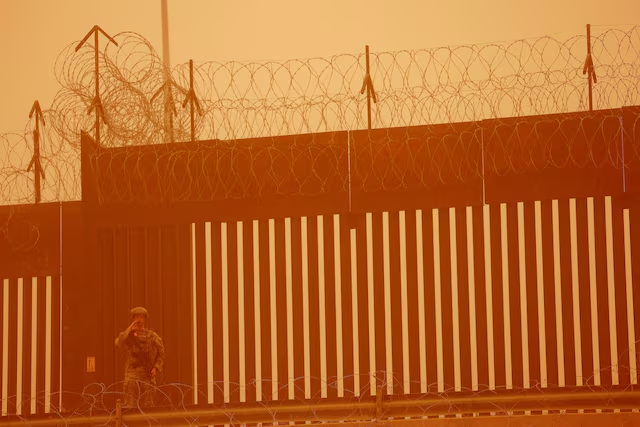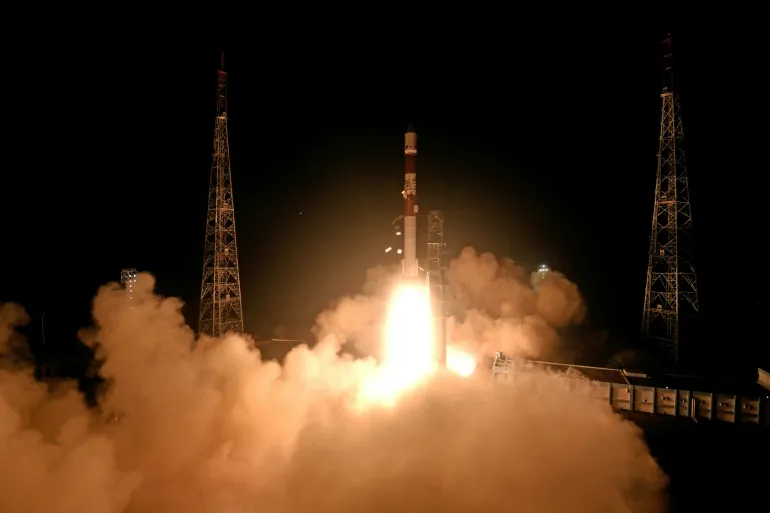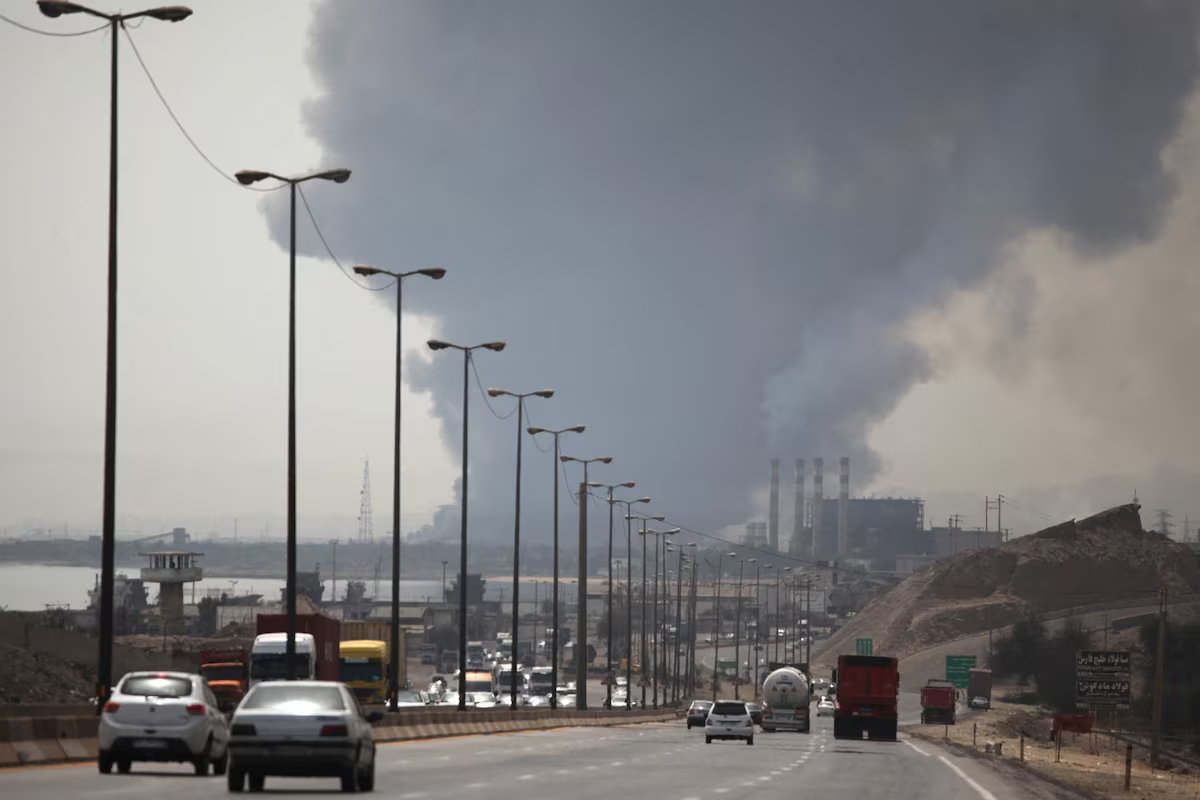Lebanon and major Palestinian factions have jointly unveiled a long-anticipated plan to disarm refugee camps across the country, aiming to curb violence, stabilize internal security, and foster closer cooperation between the Lebanese state and Palestinian leadership.
The plan, announced this week, comes amid heightened tensions in the region and follows years of intermittent clashes within Lebanon’s densely populated refugee camps—particularly Ain al-Hilweh, the country’s largest. The initiative represents a coordinated effort to collect illegal weapons, dismantle armed groups, and establish security committees under joint Palestinian-Lebanese supervision.
Lebanese Interior Minister Bassam Mawlawi praised the move as essential for “national security and civil peace,” and emphasized the importance of ending the cycle of internal fighting that has repeatedly engulfed camps. He confirmed that the initiative had the backing of Prime Minister Najib Mikati and was being developed in close consultation with Palestinian leadership in Lebanon.
The agreement includes a roadmap for the phased disarmament of militant groups operating in the camps, beginning with Ain al-Hilweh, which recently witnessed deadly factional violence. Several high-level Palestinian factions—including Fatah, Hamas, and Islamic Jihad—have signaled conditional support for the plan, which seeks to restore order while preserving the political neutrality of Palestinian refugees in Lebanon.
“This is not only about disarmament. It’s about dignity, stability, and protecting the lives of our people,” said a spokesperson from the Palestinian Embassy in Beirut. “Our shared goal is to end the bloodshed and prevent the camps from being used as arenas for regional or internal conflicts.”
For decades, the refugee camps in Lebanon have been outside the formal control of Lebanese security forces due to a 1969 agreement and the political sensitivity surrounding Palestinian refugee status. As a result, the camps have become safe havens for armed groups and criminal networks, complicating Lebanon’s fragile internal balance.
The recent conflict in Ain al-Hilweh—triggered by the assassination of a senior Fatah commander—revived calls for a new approach. In response, Lebanese officials accelerated talks with Palestinian factions, leading to this joint disarmament initiative. Under the plan, weapons will be collected under the oversight of a joint security committee composed of Lebanese officials and representatives from all major Palestinian groups.
While UNRWA and other international bodies welcomed the announcement, experts remain cautious. Previous attempts to disarm the camps have failed due to intra-factional rivalries, weak enforcement mechanisms, and interference from regional actors.
UNRWA Director Dorothee Klaus described the plan as a “positive step” but stressed the need for socioeconomic development to accompany any security efforts. “Security alone will not bring stability to these communities. It must go hand in hand with dignity, access to services, and long-term political solutions,” she said.
The success of the initiative will depend heavily on mutual trust, consistent enforcement, and support from broader Lebanese society, where Palestinian refugees often face systemic discrimination and limited access to employment and services.
As the disarmament process begins, many residents within the camps have expressed hope but also skepticism. “We’ve heard promises before,” said one resident of Ain al-Hilweh. “If this brings peace, we welcome it—but we’ll believe it when we see it.”
Still, for both Lebanon and the Palestinian community, the agreement signals a rare moment of unity in the face of shared insecurity—and a renewed attempt to insulate one of the region’s most vulnerable populations from further violence.
Source: Saudi Gazette



